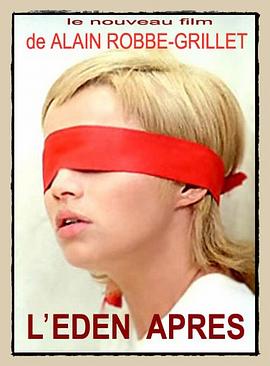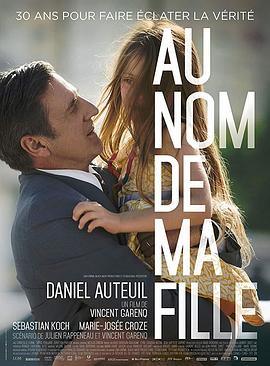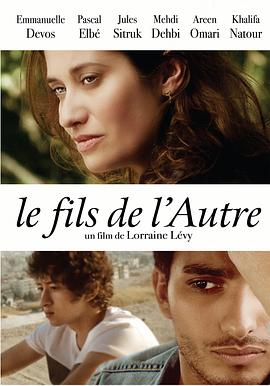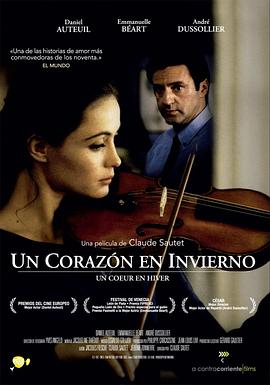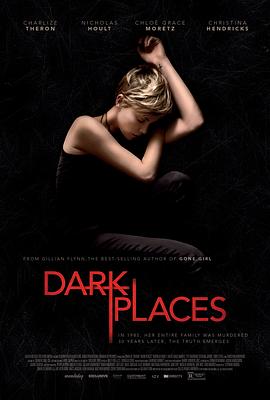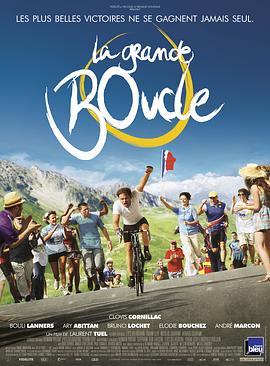-
备注:已完结
类型:喜剧片
主演:米歇尔·布朗 哈基姆·杰米利 索琳·里戈特 尚塔尔·罗比 弗兰克·盖思
导演:特里斯坦·塞盖拉
语言:法语
年代:未知
简介:故事发生在平安夜当天,在浓厚的圣诞气氛下,所有人都暂时放下手中的工作,享受和家人们团聚的喜悦。乔治(米歇尔·布朗 Michel Blanc 饰)似乎是这座城市里唯一一个还在工作的急症医生了,他接到了紧急的求救电话,风尘仆仆的赶往患者家中。 哪知道在半路上,一个冒冒失失的 送餐员马利克(Hakim Jemili 饰)骑脚踏车撞到了他,虽然没受什么伤,却引发了乔治的老毛病——坐骨神经痛。无奈之下,马利克只得接替了乔治的职务,成为了临时医生赶往病人家,而乔治则在原地通过电话来告诉他如何治病。这次远程操控之下的治疗能否顺利进行呢?
-
备注:已完结
类型:剧情片
主演:艾曼纽·德芙 儒勒·斯楚克 布鲁诺·波达里德斯 帕斯卡·埃尔贝 Are
导演:罗兰娜·利维
语言:法语
年代:未知
简介:当约瑟夫准备加入以色列军队服兵役时,发现自己不是父母的亲身儿子,在他出生时,他与约旦河西岸的一个巴勒斯坦家庭的小孩亚辛换错了。因这一发现,两个家庭的生活突然发生了翻天覆地的变化,这一发现迫使他们重新思考各自的身份、价值和信念。 本片围绕着巴以冲突这个历史悠久而且无法得到有效解决的问题展开,本该互相敌视的两个家庭阴差阳错的抱错了孩子并且把他们分别抚养成人——优秀的人。于是,在本片中,我们看到了民族的敌意,宗教的排斥,但是更多的是互相理解和接受的过程。“我不再是犹太人了,但是我也不是阿拉伯人。”在这样的命题下,我们发现解决这种棘手问题似乎只有一个出发点——在成为“什么人”之前首先成为一个“人”。
-
备注:已完结
类型:剧情片
主演:丹尼尔·奥特伊 艾曼纽·贝阿 安德烈·杜索里埃 伊丽莎白·布尔吉娜 布
导演:克洛德·索泰
语言:法语
年代:未知
简介:史蒂芬(丹尼尔·奥图 Daniel Auteuil 饰)与马克西姆(安德烈·杜索里埃 André Dussollier 饰)是相处多年的好友,性格迥异的两人之间产生的奇妙化学反应让他们成为了工作上的完美搭档。两人共同创建了一个小提琴工作室,提供出售和修理小提琴的服务,日 子过得平静而快乐。 作为工作室的客户,卡米尔(艾曼纽·贝阿 Emmanuelle Béart 饰)的第一次光顾就吸引了两位好友的目光,马克西姆更是立刻就对卡米尔展开了热烈的追求,可是卡米尔的目光却落在了表面冷漠的史蒂芬身上。在拒绝和吸引中,三个人的恋情无法得以善终,多年后,当他们重新聚在一起,是否会因为曾经的退缩和恐惧感到淡淡的伤感?
-
备注:已完结
类型:剧情片
主演:科洛·葛蕾丝·莫瑞兹 查理兹·塞隆 克里斯蒂娜·亨德里克斯 尼古拉斯·
导演:吉勒·巴盖特-布赫内
语言:英语
年代:未知
简介:莉比(查理兹·塞隆 Charlize Theron 饰)有着一段不堪回首的悲惨童年,她的母亲和两个姐姐惨遭变态杀人狂的毒手,惨死在血泊之中,莉比幸运的逃过了一劫,之后,她立于公堂之上,指认了哥哥本(寇瑞·斯托尔 Corey Stoll 饰)就是罪魁祸首,本因此被关进了监狱。 这一惨案在社会上引起了强烈的反响,人们纷纷写信捐款给莉比这个可怜的姑娘,靠着这些善款,莉比长大成人,然而,过去的阴影使她变成了一个整日里无所事事自暴自弃的女人。随着时间的推移,莉比正在被逐渐淡忘,她收到的捐款越来越少,生活状况亦越来越糟,就在此时,一位名叫莱尔(尼古拉斯·霍尔特 Nicholas Hoult 饰)的青年找到了她,不惜花重金将莉比请到了“杀手俱乐部”,在俱乐部怪咖们和莱尔的怂恿之下,莉比开始回顾这宗她一直以来都在逃避的案件,一些疑点渐渐浮出了水面。
-
备注:已完结
类型:剧情片
主演:杰森·詹姆斯·里希特 罗莉·佩蒂 奥古斯特·斯彻伦伯格 杰妮·阿特金森
导演:西蒙·温瑟
语言:英语
年代:未知
简介:杰西是一个由他人代养的孩子,离家出走逃到海洋公园,跟那里的鲸鱼交上了朋友。当黑心的公园主为了骗取保险金,打算杀死鲸鱼时,杰西自然会奋不顾身救朋友一命。 影片的模式有点像《外星人》,但煽情技巧更初级。影片包含着对天然、对动物的热爱,适合当作儿童素质教育的材料。
-
备注:已完结
类型:喜剧片
主演:克洛维斯·科尔尼亚克 伯利·兰内尔 阿里·阿比唐 布鲁诺·洛歇 埃洛迪
导演:洛朗·杜尔
语言:法语
年代:未知
简介:第一部实景拍摄备受世界瞩目环法大赛的电影 传奇单车手伯纳德伊诺、罗宏加拉伯特 特别联袂客串 铁马欧吉桑,为爱为梦想,勇闯自行车运动最高殿堂 年过40的冯索是个不折不扣的中年鲁蛇,他的儿子瞧不起他,他的老婆指责他。为了躲避令人沮丧的日常生活,他把所有时间都花在心爱的单车上,当妻子发现他居然还报名今年环法大赛的义工后,终于受不了提出离婚的要求,要带儿子一起离开他。 直到认识雷米后,冯索的生命才默默起了变化,同是天涯沦落人,受到前风光运动经理、如今也是废材一枝的雷米影响,冯索决定要实现他深埋已久的童年梦想─参加环法大赛。 半路出家的他,志在参加、不在得名;他的参赛启发许多人的加入,每当他再过一关,离终点越来越近,媒体对他就越发疯狂,只是在周围都是职业好手的包围下,他真能撑过如此艰辛的赛程直到最后吗?
